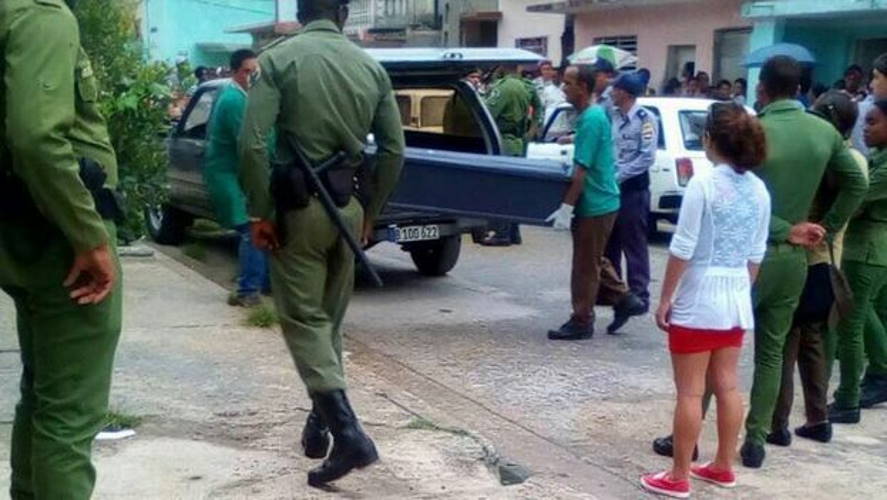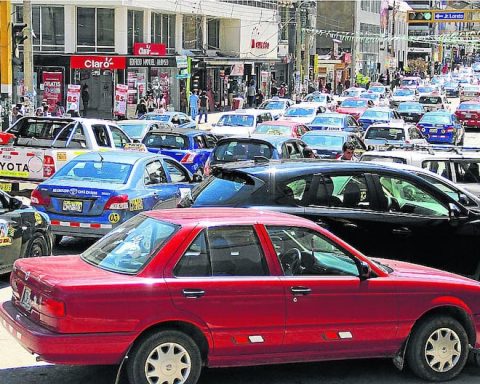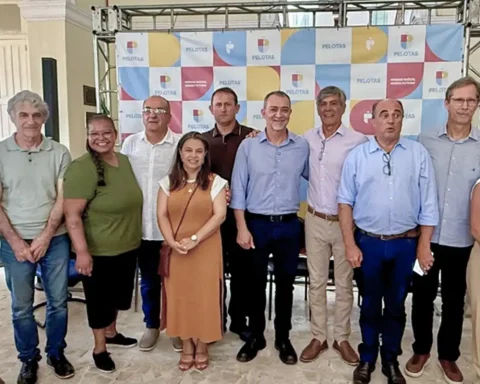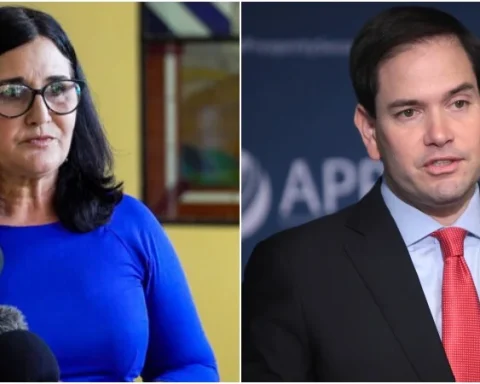2022 ends, a year characterized by its hectic economic schedule both locally and internationally, the consequences of which will continue to be felt in 2023.
Welcome to this short recount of the highlights of 2022.
(The economic outlook for Colombia and Latin America in 2023).
Let’s start with one of the topics that most focused the attention of the markets this year: the price of the dollar that exceeded the level of $5,000 and that for several days reached historical maximums. The international context, marked by high inflation, the war between Russia and Ukraine, as well as local events led the US currency to exceed $5,000. Currently, the foreign currency is between $4,800 and $4,700, a range in which 2022 would end and 2023 would start.
Another of the most prominent themes of the year was precisely that of inflation, which by November 2022 exceeds 12.53%, the highest figure of this century in the country and which was transferred to the pockets of Colombians with the increase in the prices of products, services and food and led to a rise in interest rates from the Banco de la República, another fundamental issue of 2022, to stop the escalation of prices. Today the Issuer’s reference rates are located at 12%.
(Dollar: how to deal with shopping and travel at the end of the year).
In the political environment, it was also highlighted the election of Gustavo Petro as the first left-wing president of Colombia, who in his first months of government carried out a tax reform with which he hopes to raise resources for social programs, promised in the hectic presidential campaign that all Colombians remember for its marked polarization.
The new government also proposed to reestablish diplomatic relations with Venezuela and reopened its borders after several months of being closed, with which they hope to boost trade in the border area and improve the conditions of thousands of people from both countries.
President Petro is also committed to moving forward with various axes of his political project, in which he proposes gradually leaving the oil-based economy to make way for the energy transition, a situation that has aroused various criticisms about how to do it without affecting finances of the State. Even the president has suggested that banks not lend more for these fossil raw material projects.
Regarding business news, the new discoveries by Ecopetrol stand out, as well as the strengthening and birth of ‘Unicorn’ companies such as Rappi and Habi, which this year reached this milestone due to their market appreciation.
(How urgent is a pension reform in Colombia).
According to figures from INNpulsa in Colombia “There are more or less 16 companies that have a chance in the next few months or in the medium term to enter that unicorn category.”
The start of operation of Hidroituango is also highlighted after a long time of uncertainty and ups and downs of the project.
In international matters, several events had an impact on Colombia, such as the war between Russia and Ukraine, which mainly affected logistics and input issues, affecting inflation.
In China, the Asian giant’s anti-covid policy also slowed down trade, with consequences such as higher prices and shortages of some products. The fall of major currencies due to the strengthening of the dollar and the losses on Wall Street stand out.
Finally, Colombia also received significant support from the US, especially for the treatment of migration issues with Venezuela.
BRIEFCASE


















